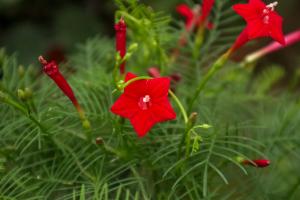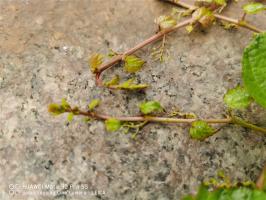Pomelo peel
First: deodorization
when using fish intestines and other kitchen waste for composting, you can throw some grapefruit peel into it, which can deodorize. When Huahua retts, she throws in a lot of grapefruit peel, which not only has no odor, but also has a faint fragrance ~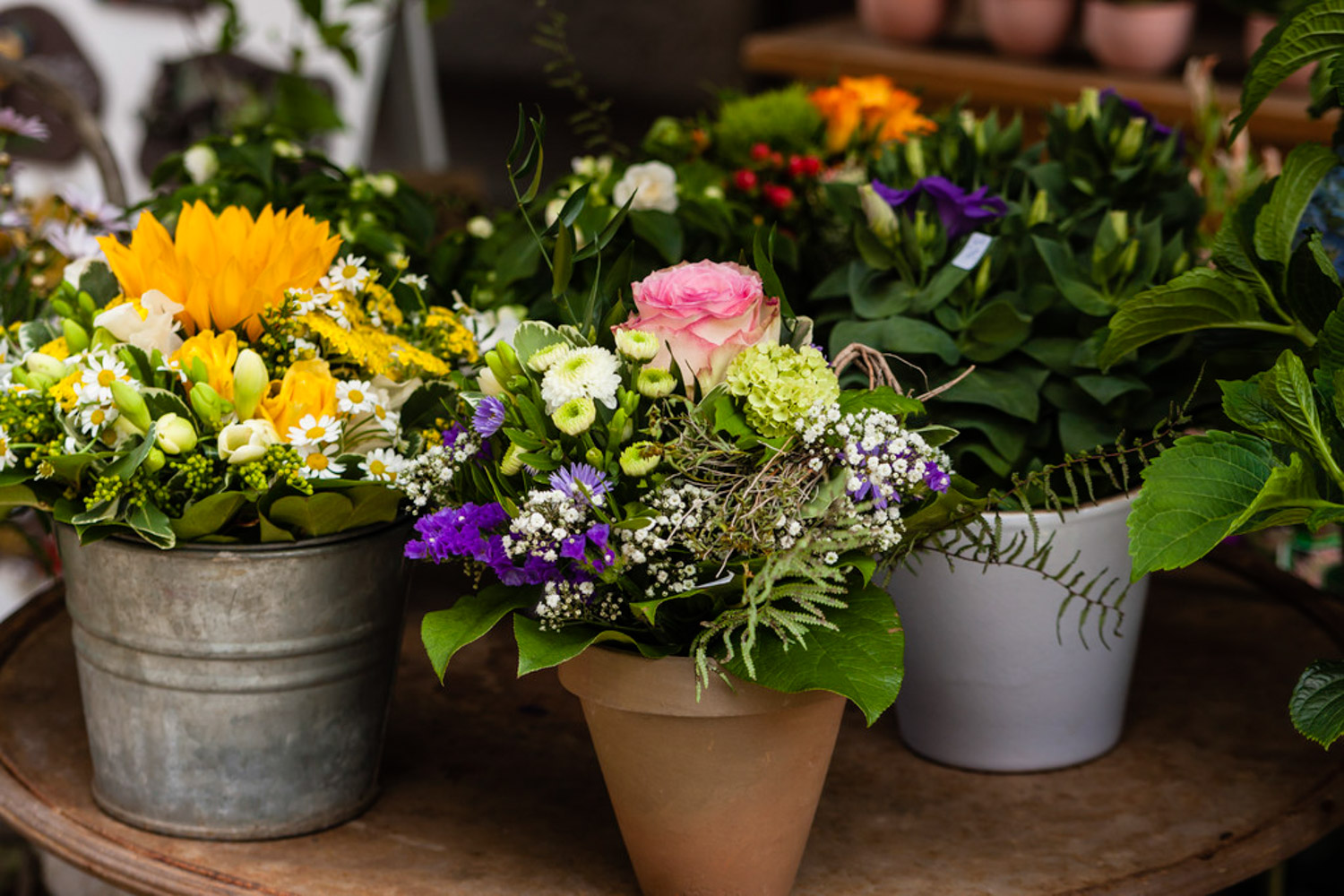
Second: composting
grapefruit peel is also a very natural fertilizer. However, grapefruit peel cannot be directly buried in the soil. The process of grapefruit peel rotting in the soil is actually a kind of fermentation, and the heat generated by fermentation will burn the roots of plants ▼ prepare a large plastic bucket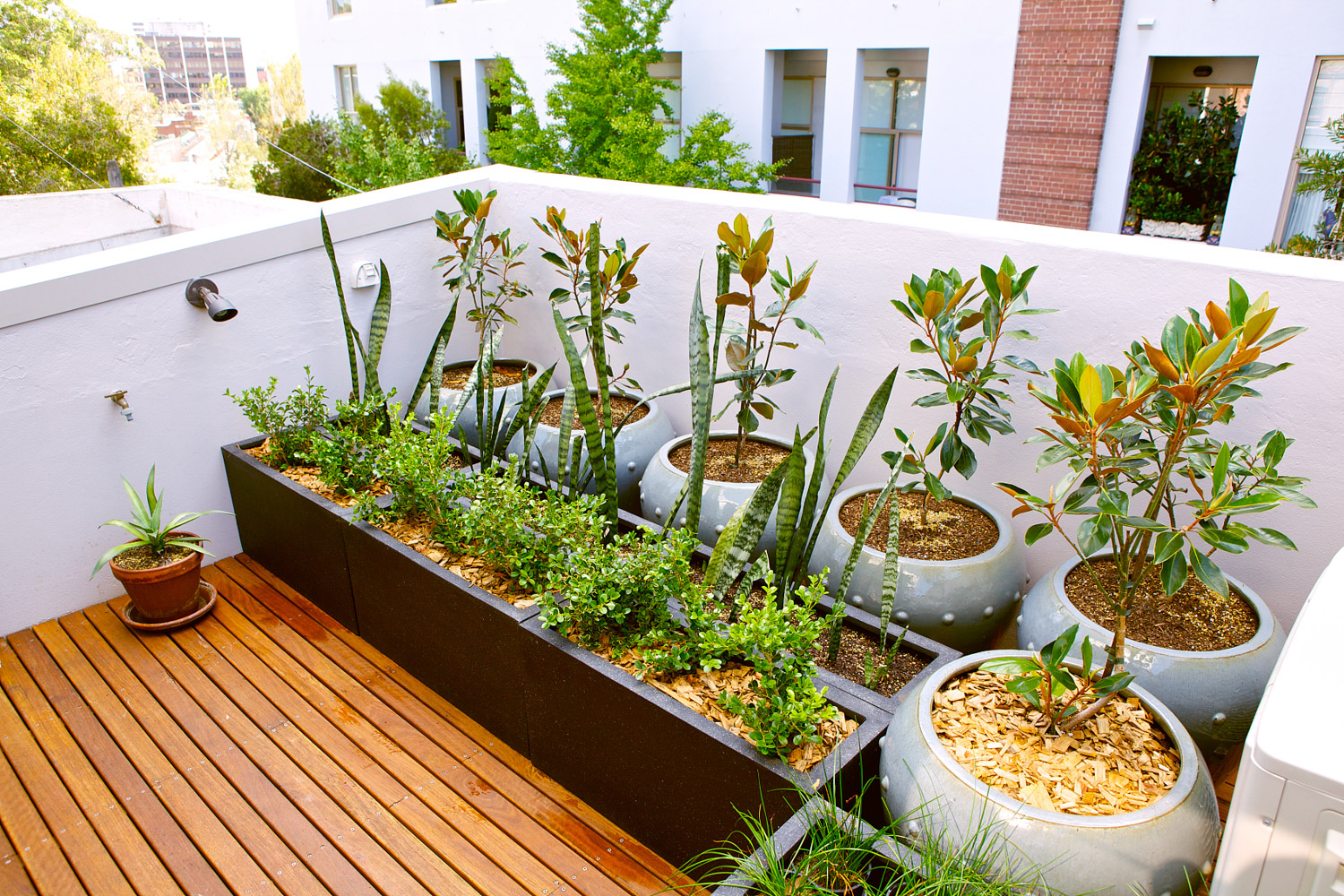
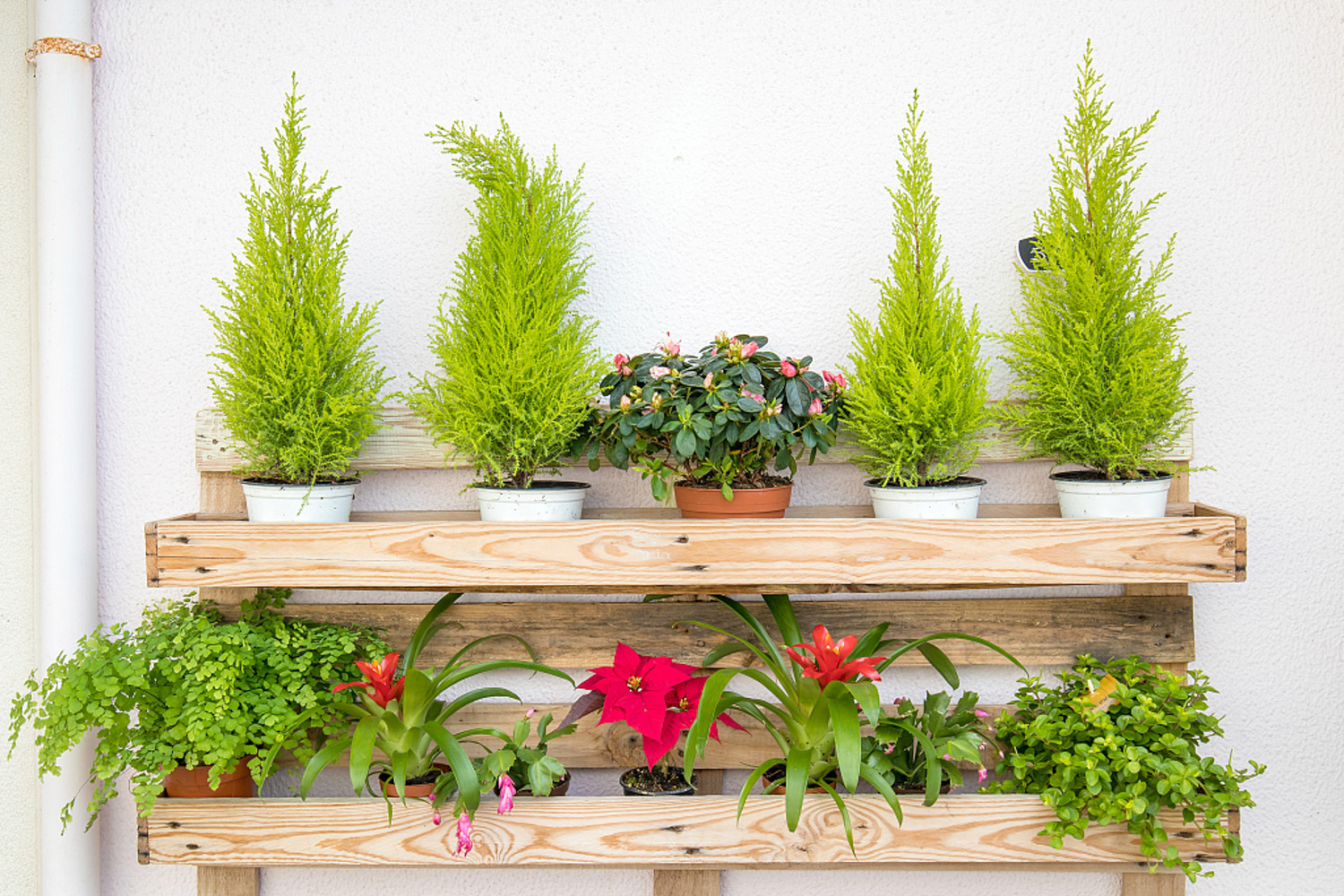
▼ lay a layer of soil at the bottom, and then a layer of grapefruit peel. Repeat until the last layer is covered with soil
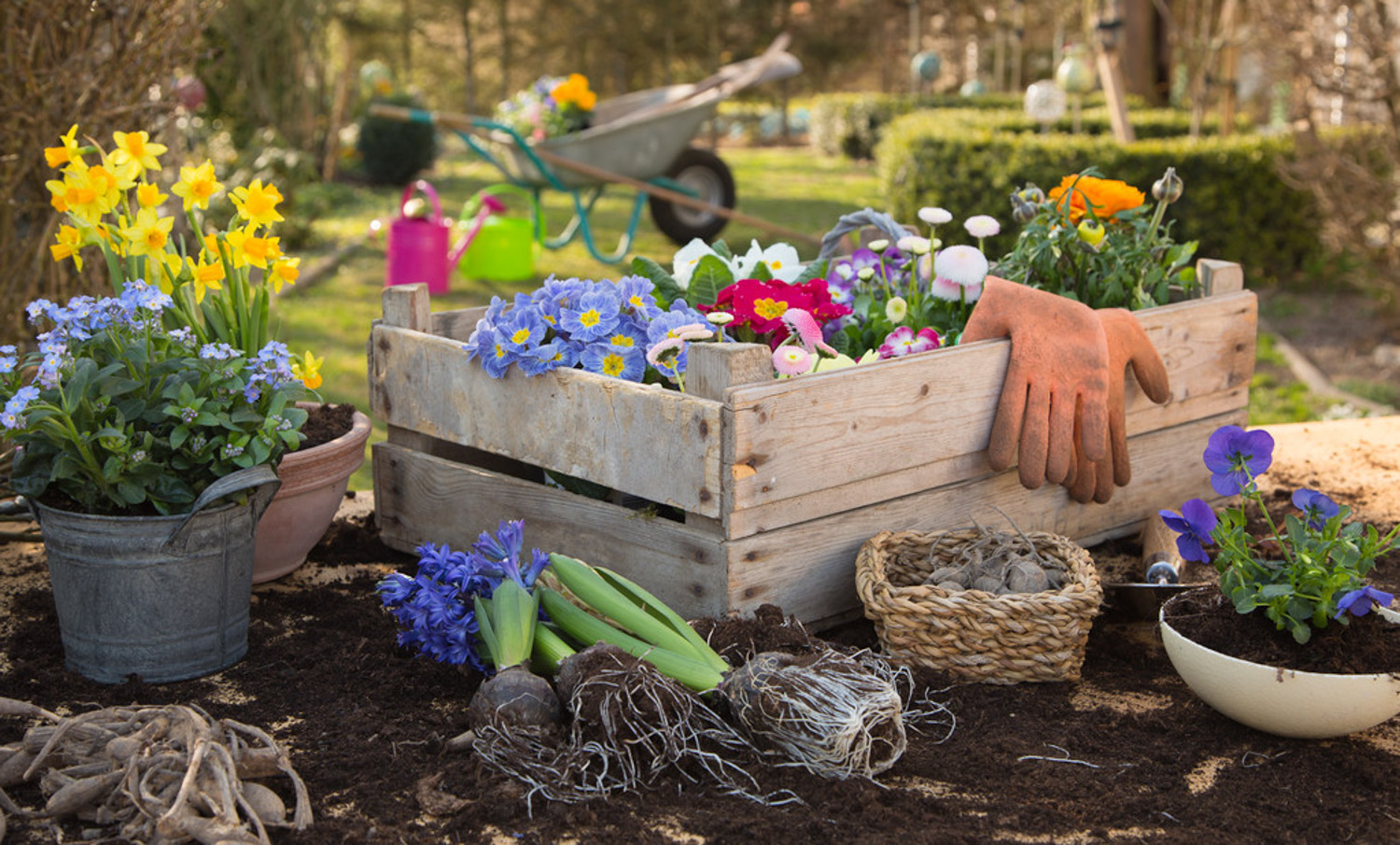
1. Add water. This step depends on your ideas, but Huahua has one thing to remind you. Adding water will increase the speed of fermentation, but it will stink, stink and stink. Without adding water, the odor will be less, but the fermentation time will be prolonged accordingly ~
2. Regular ventilation} after a period of time, open the bottle cap and breathe. In this way, there will be no odor after several times
Pineapple
First: make enzymes
preparation: 4.5-liter mineral water bottle, pineapple peel, brown sugar, water proportion: 1 kg brown sugar + 3 kg peel + 10 kg water + fermentation for 3 months Mineral water bottle: div < 4.0L▼
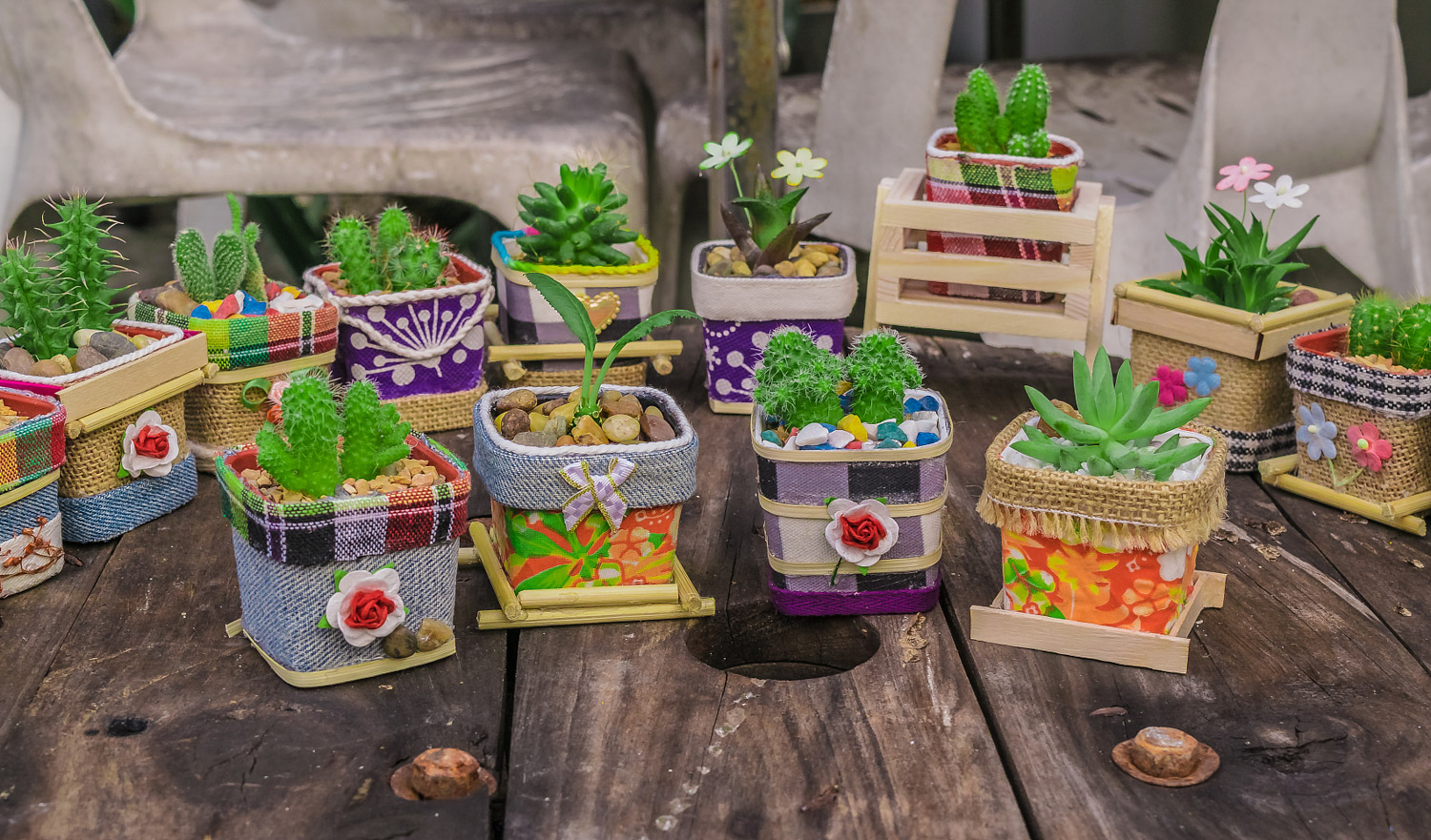
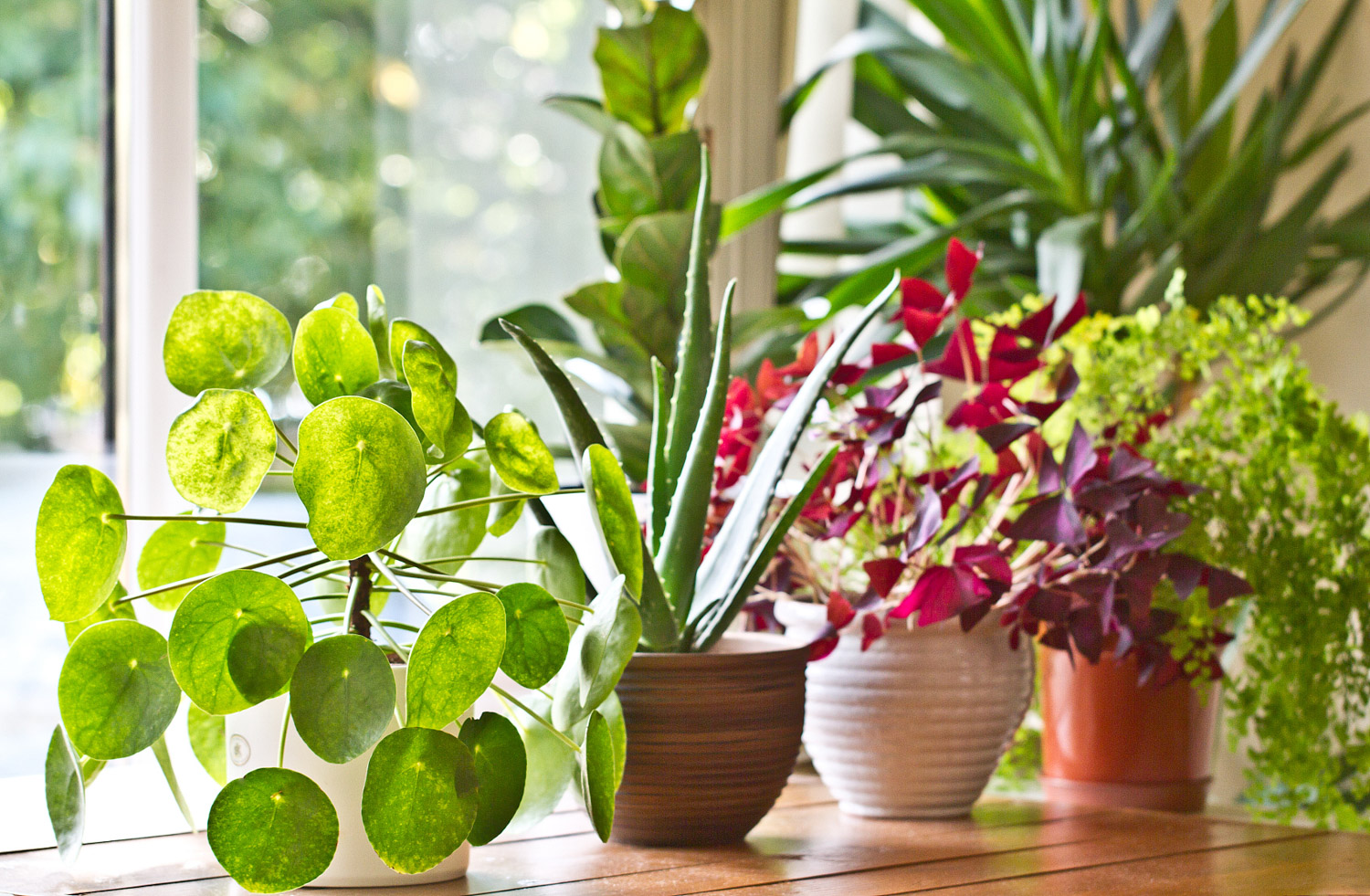
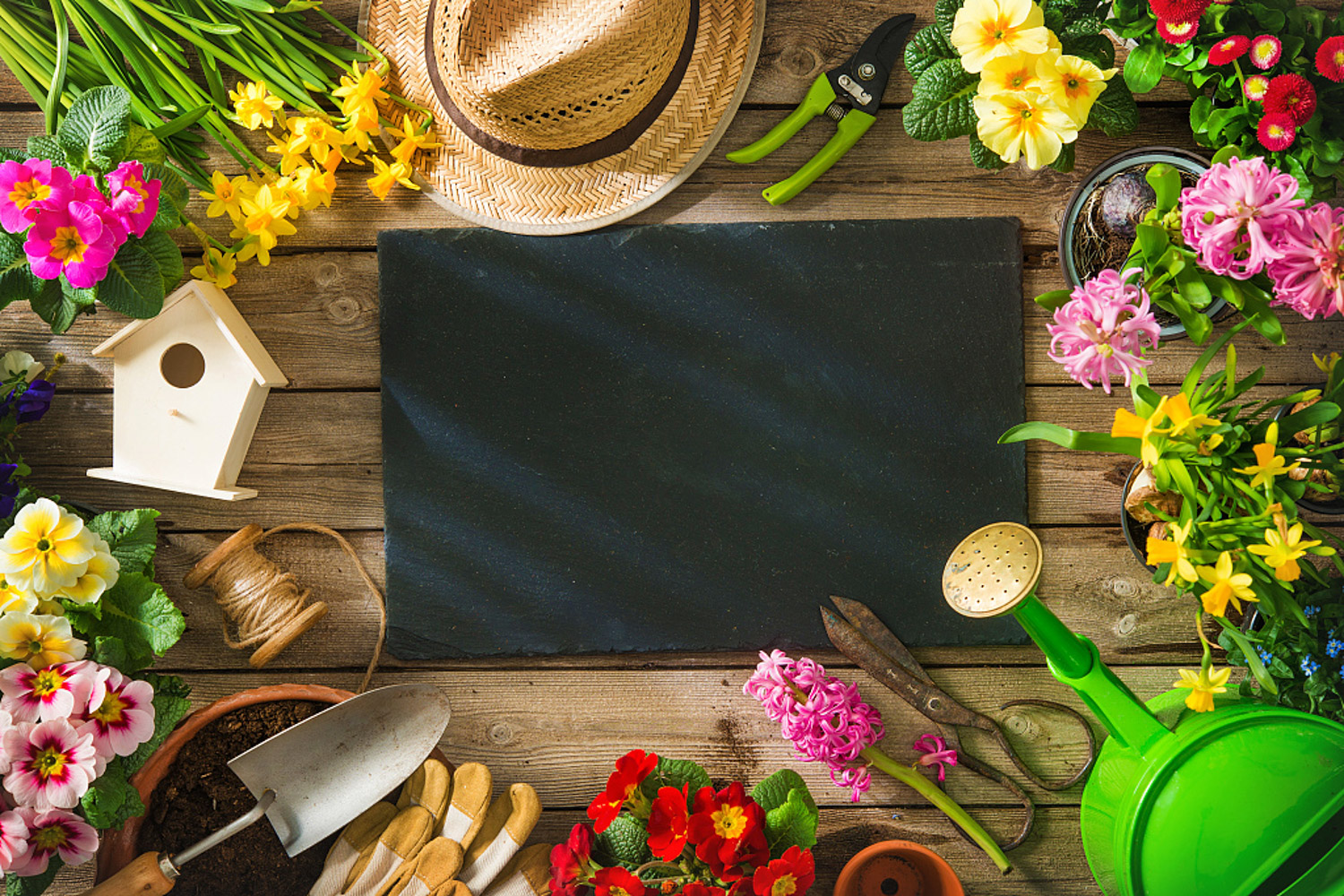
1. The proportion of flower fertilizer is about 1000 times diluted
2. Other peels can also be used to make enzymes ~
Second: make potted plants
▼ buy a pineapple, choose a complete shape, and cut off the top flower of a large pineapple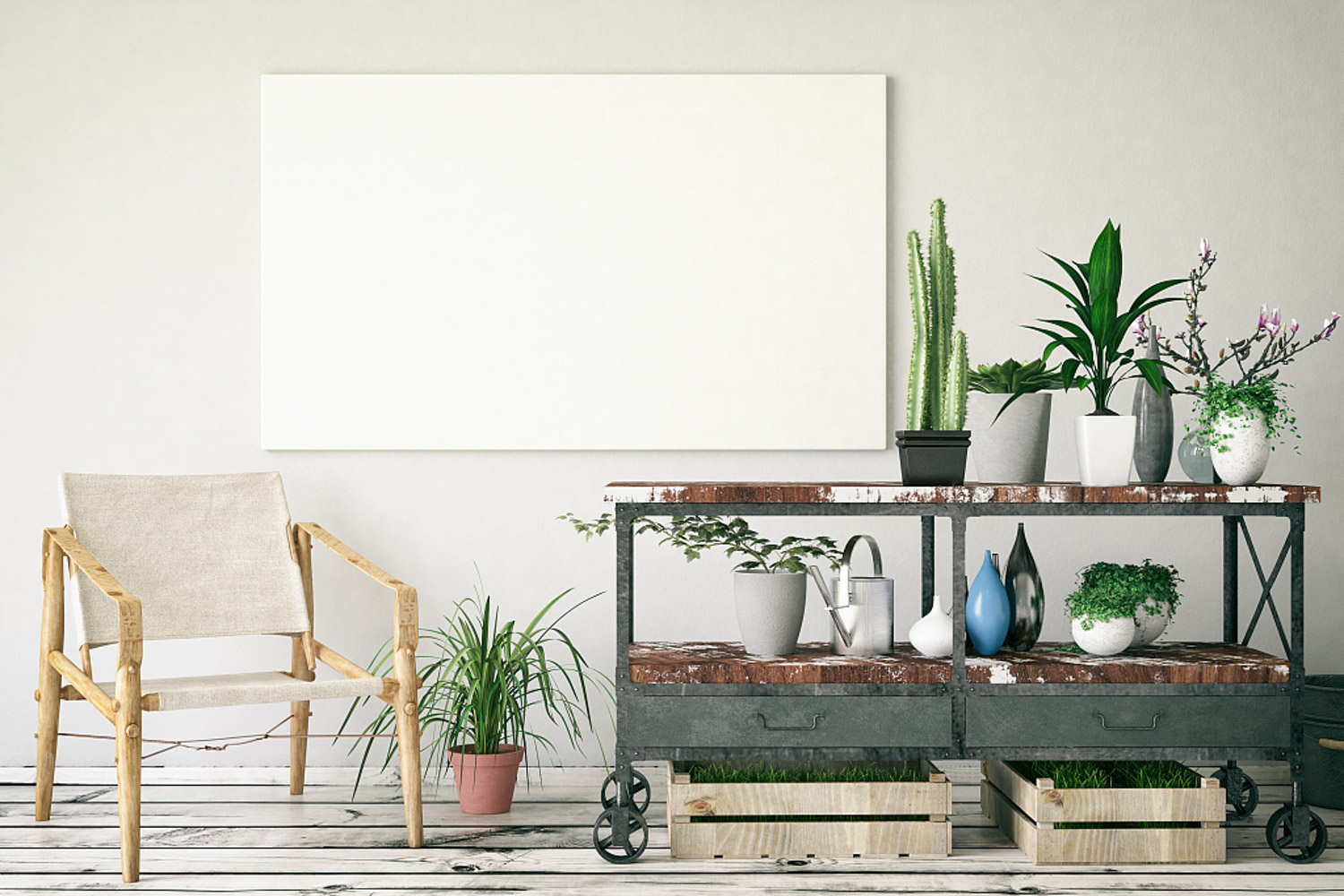
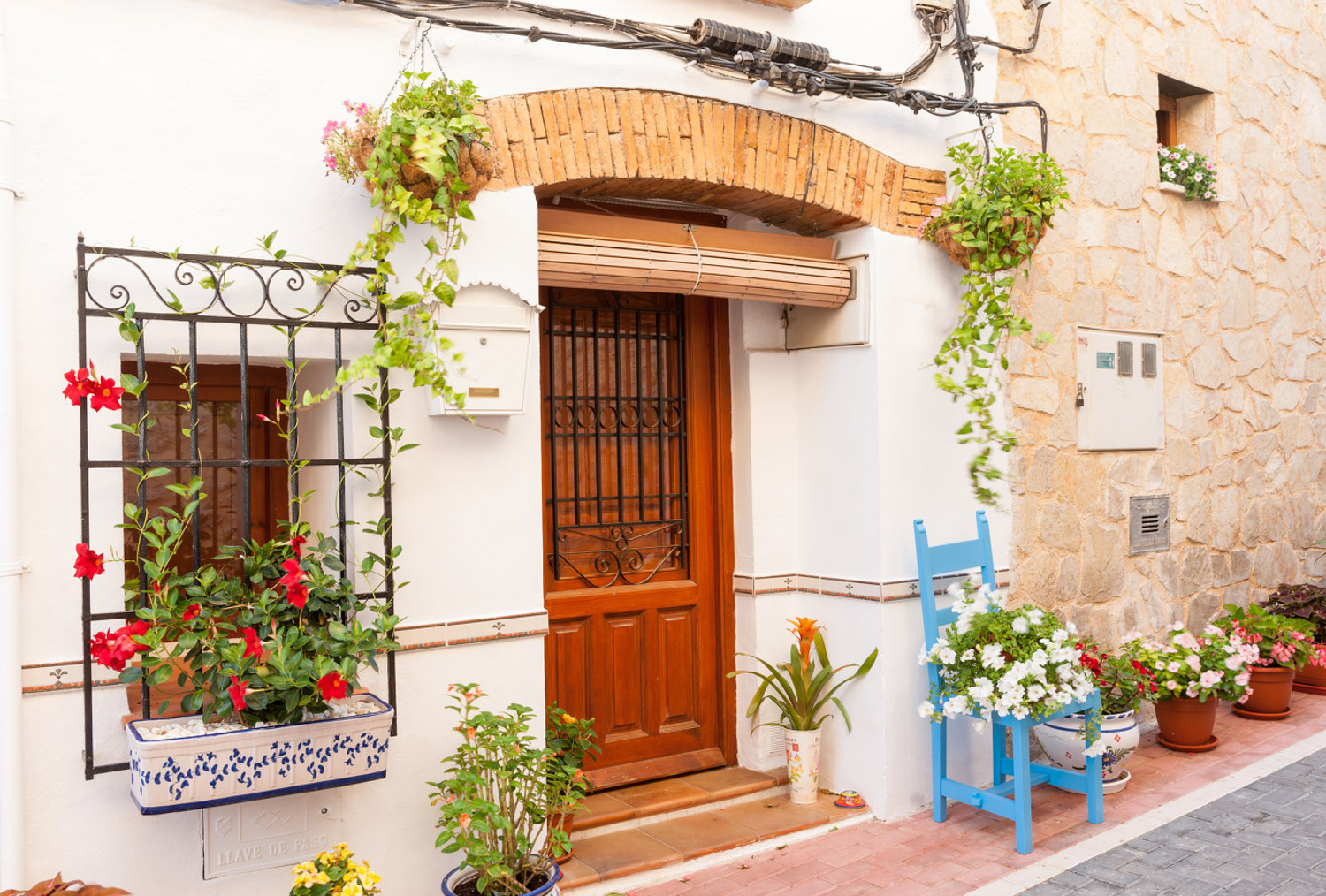
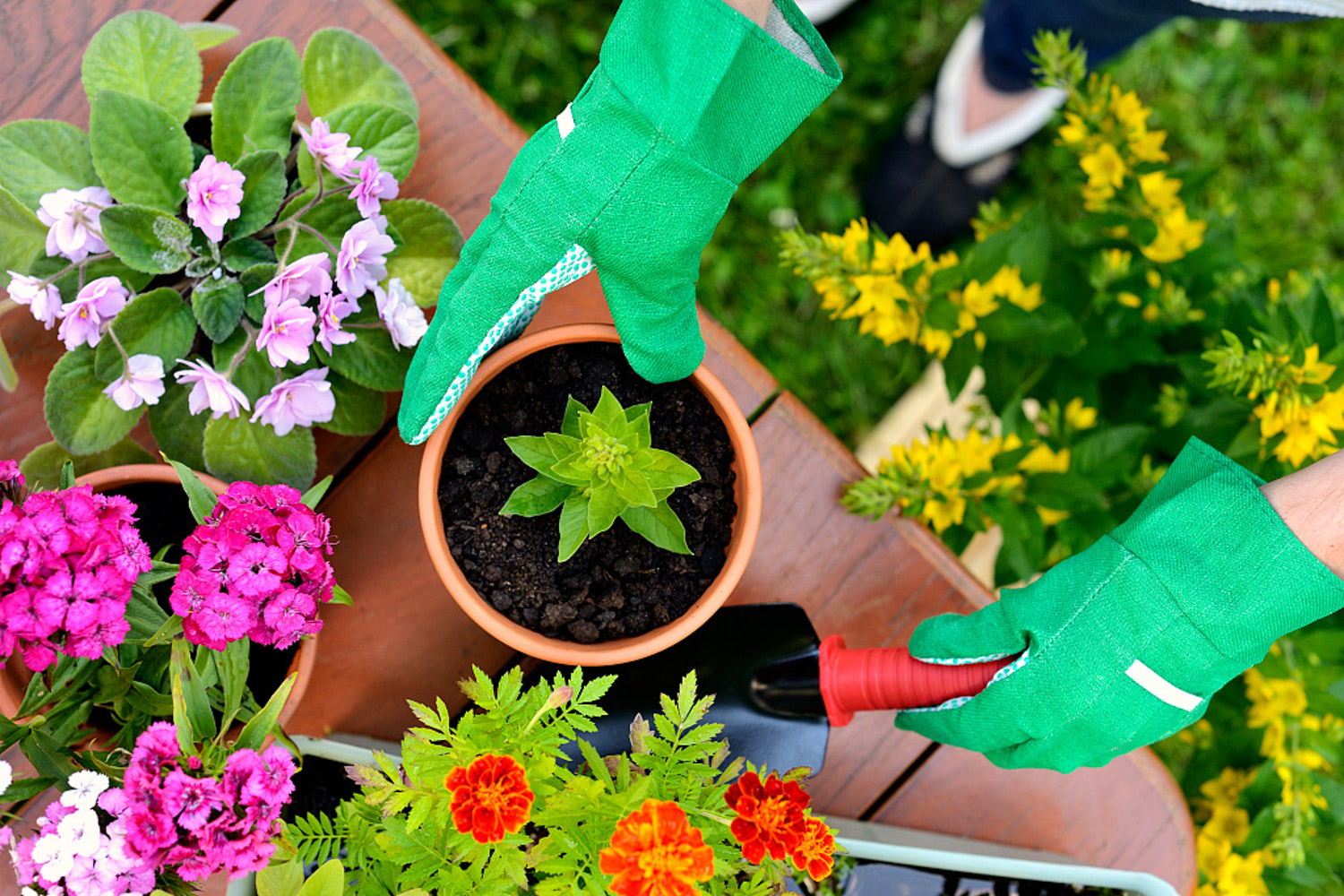
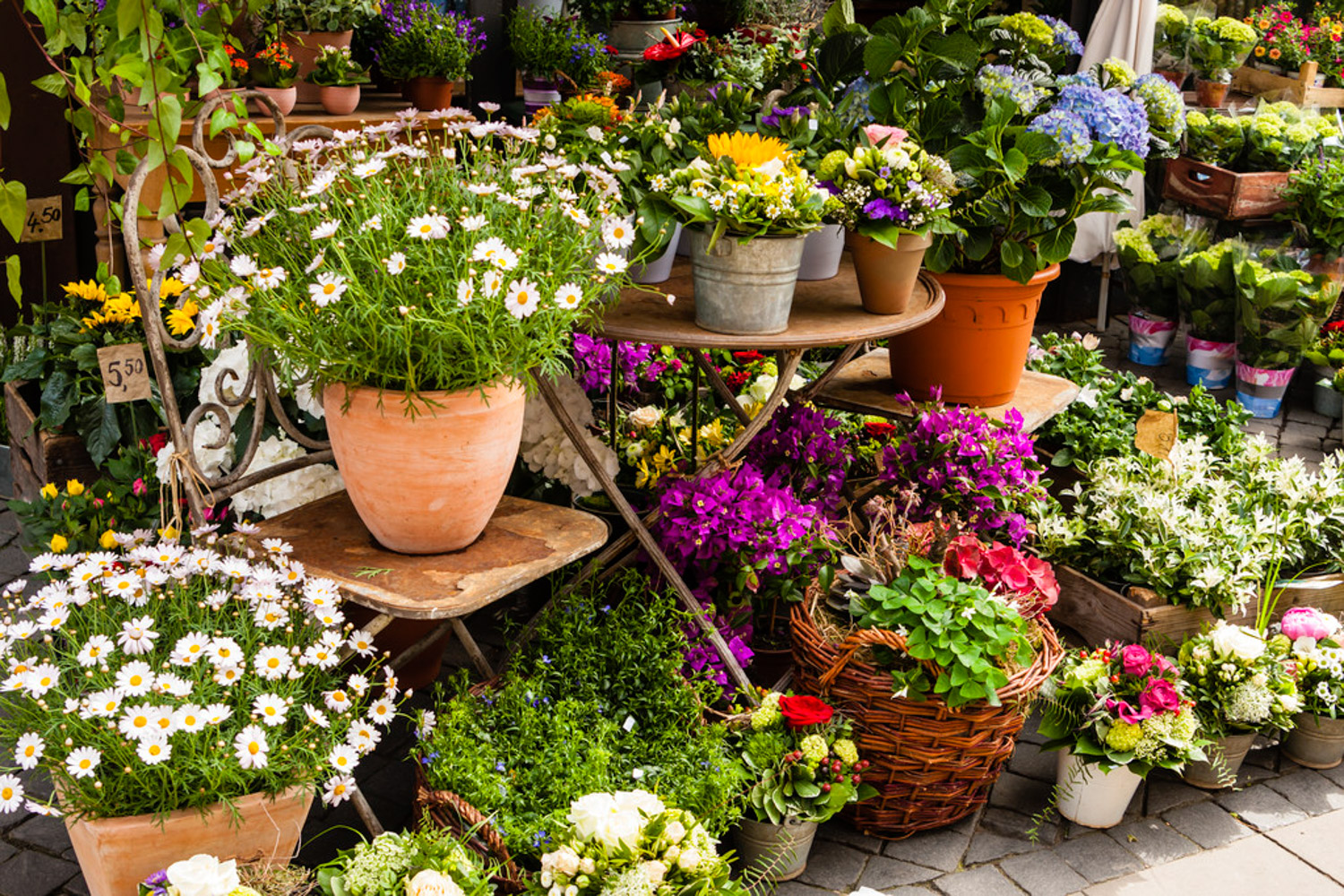
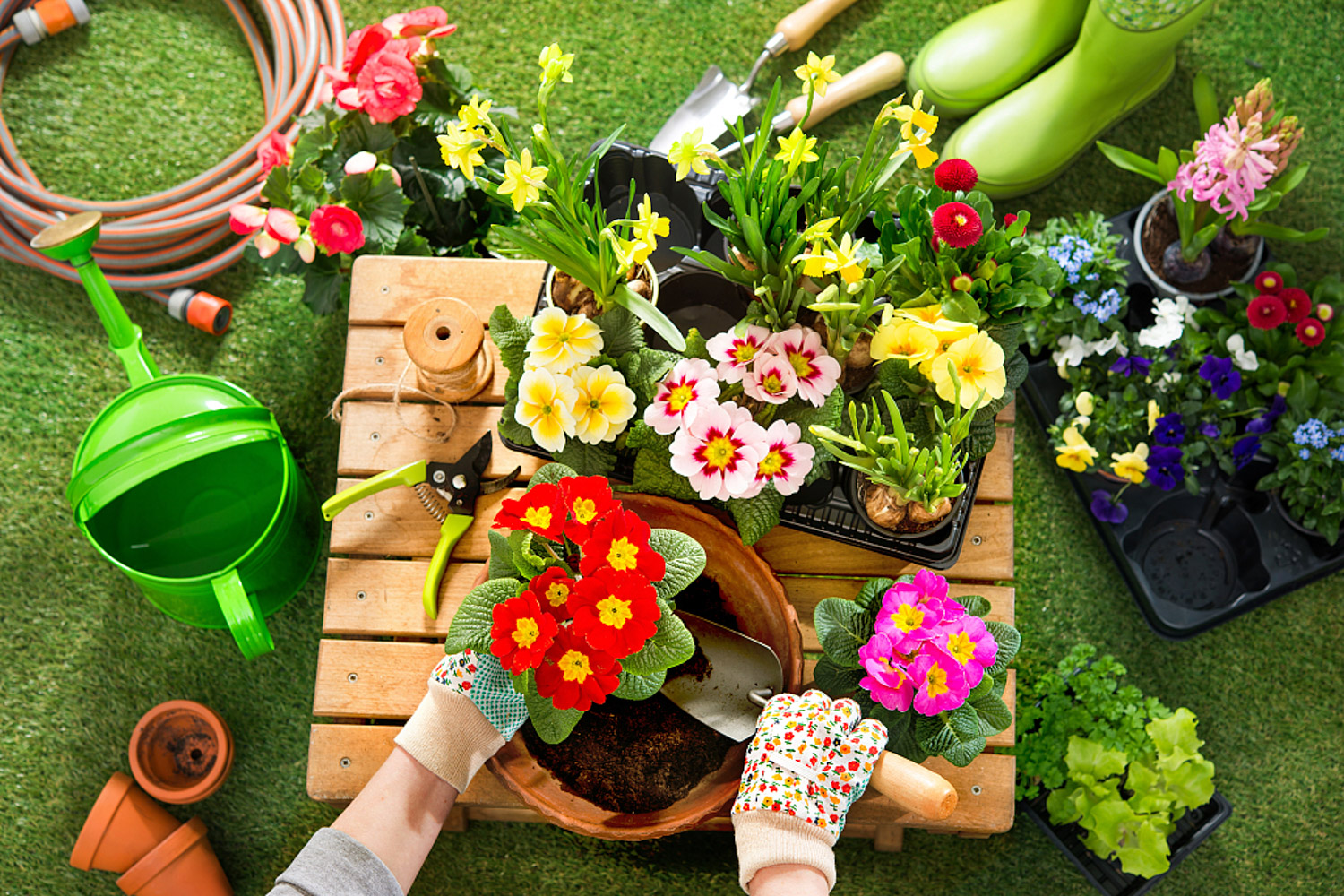
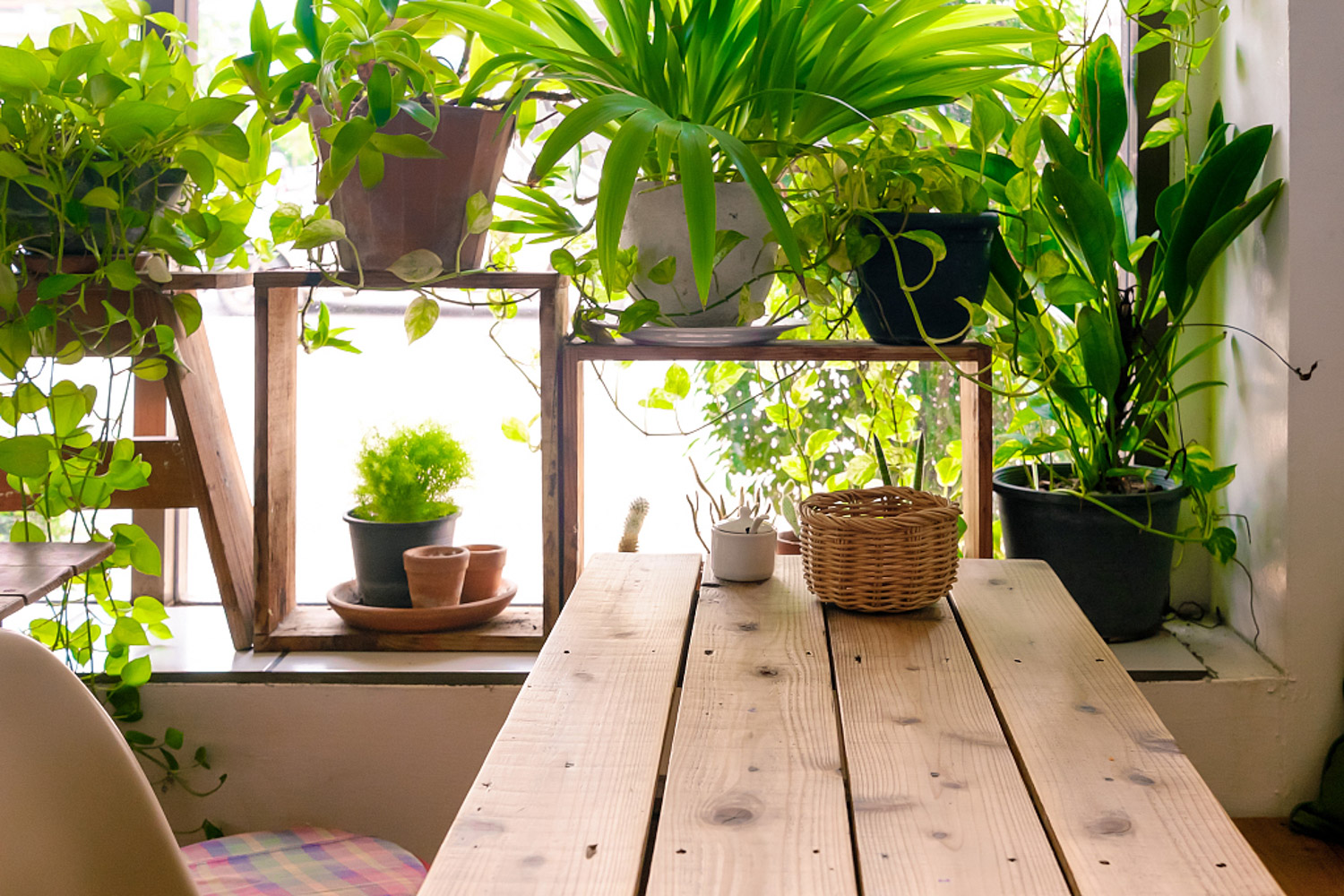
Third: when the flower arrangement container

Bagasse
First: cushion the basin bottom
drying the chewed bagasse and placing it on the bottom of the plastic basin can increase the air permeability of the soil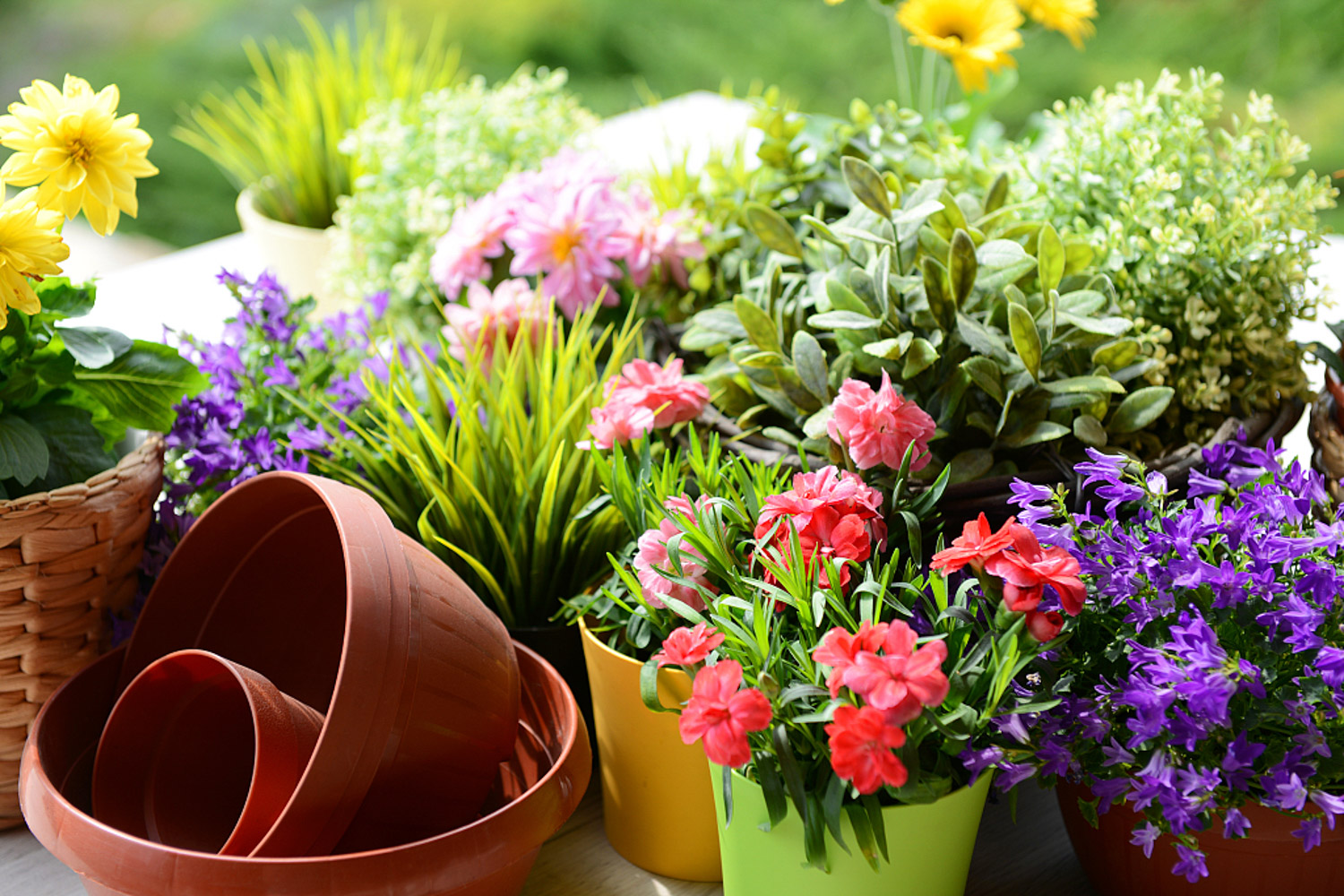
Second point: composting
mix bagasse into the garden soil in the ratio of 1:1, then add about 5% soybean meal or crushed soybean cake, mix well, spray water to wet, and then add water. The amount of water is appropriate to hold the soil tightly without touching your hands, and then wait until it ferments for 3 ~ 4 weeks. It should be noted that it should be covered with plastic cloth in winter, otherwise the fermentation will be very slow in low temperature ~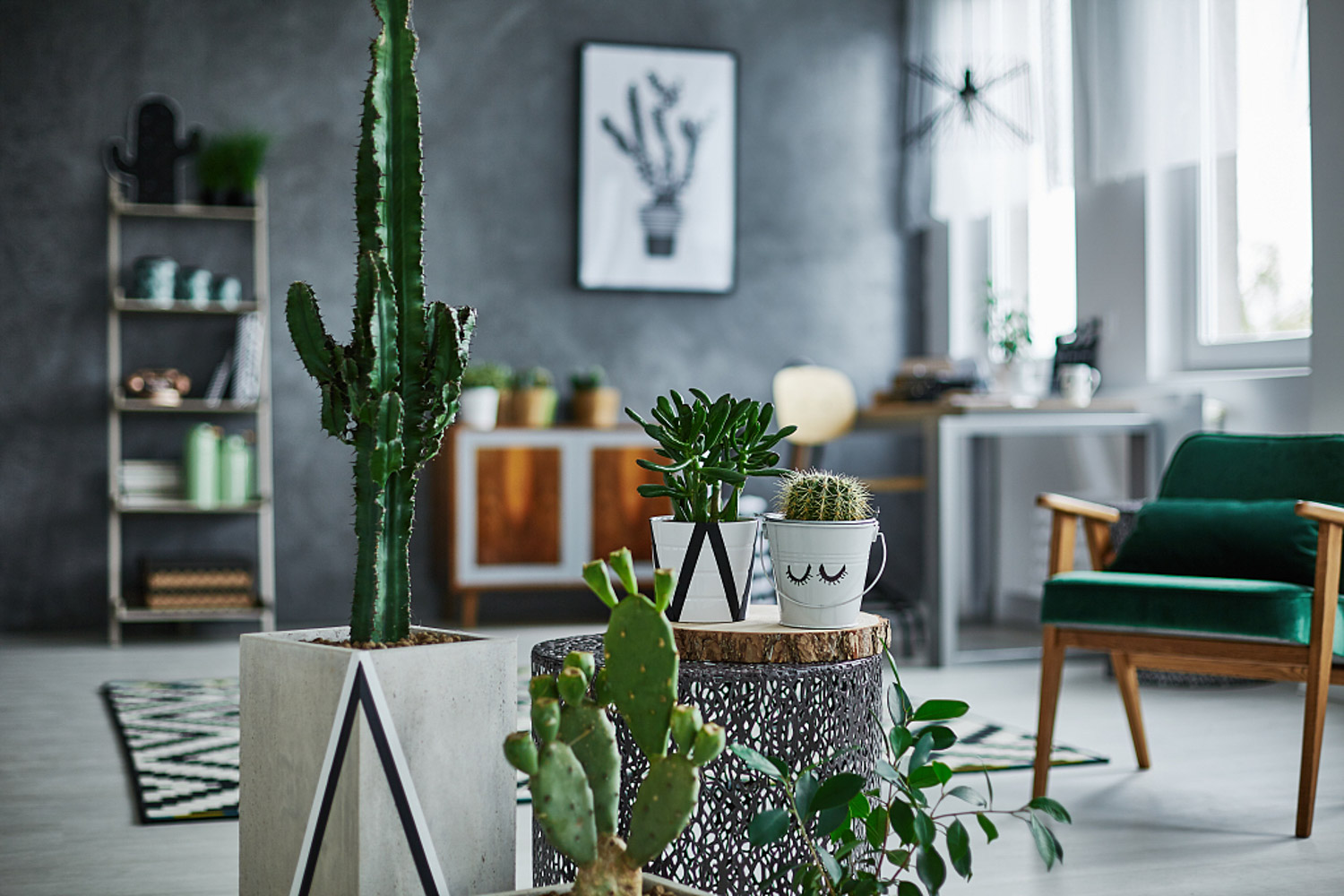
Grape skin
First point: improve soil pH
everyone should be familiar with the brewing of wine. The grape residue left in brewing wine has strong acidity, rich nutrients and the effect of soil sterilization. Oh ~ mix the wine residue with soil and ferment for about half a month to raise camellia. YINGSHANHONG is a very good material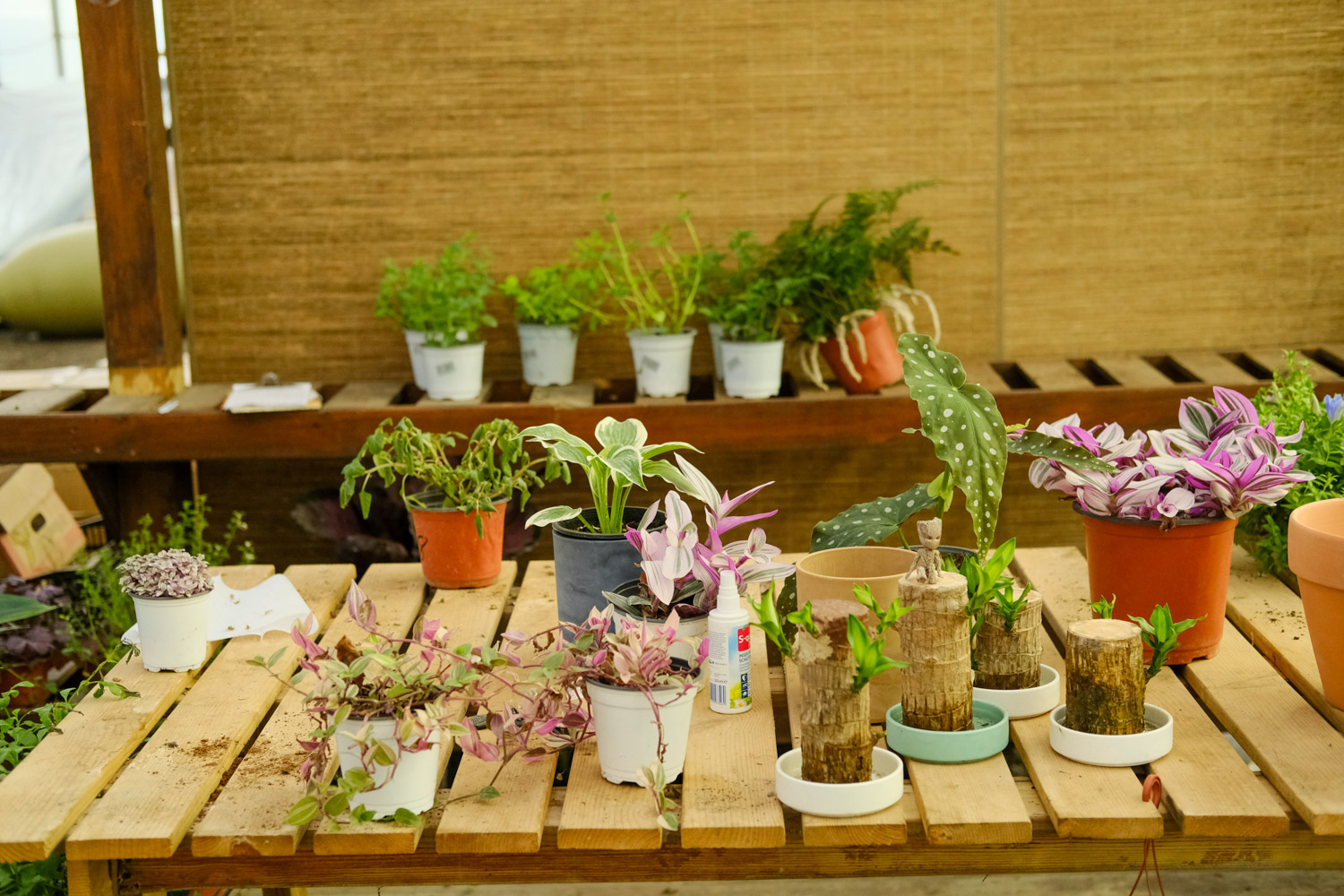
Second point: watering flowers
put the grape residue in a large jar, dilute it with water and do not need fermentation. It is also good to water the flowers at ordinary times ~ or dilute the wine about 20 times and water the flowers once a half month, which is also good for the flowers ~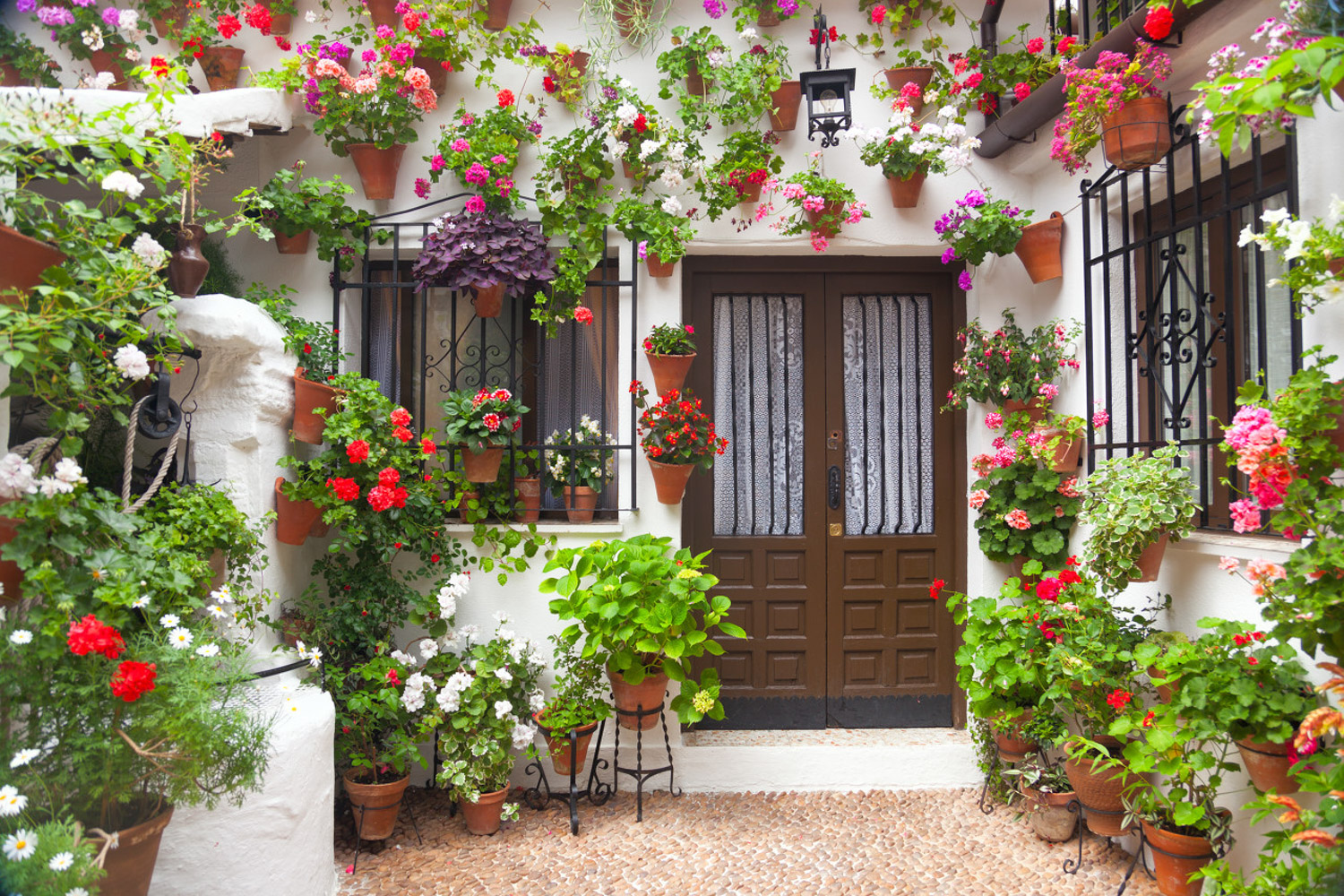
Banana peel
First point: composting
▼ prepare banana peel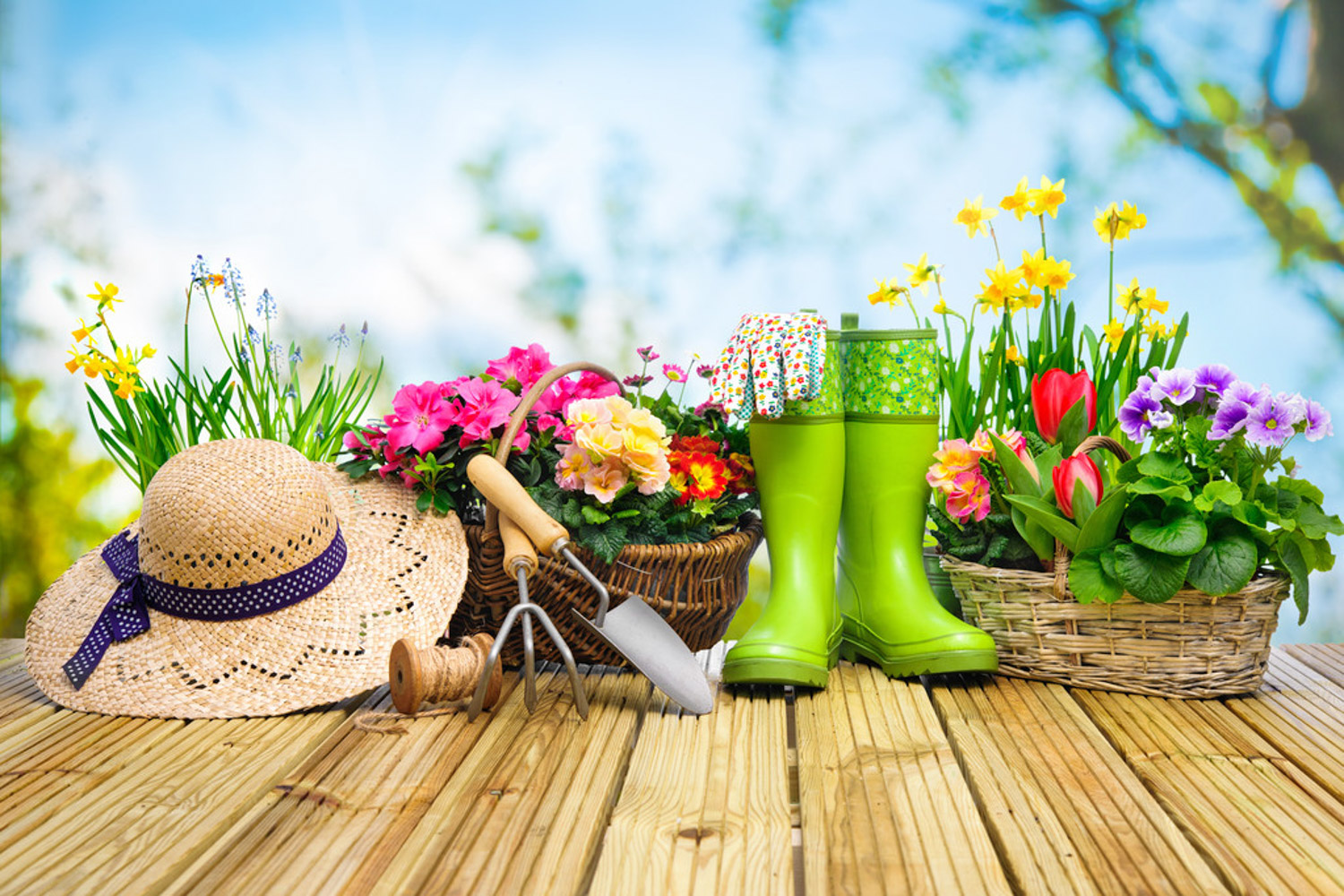
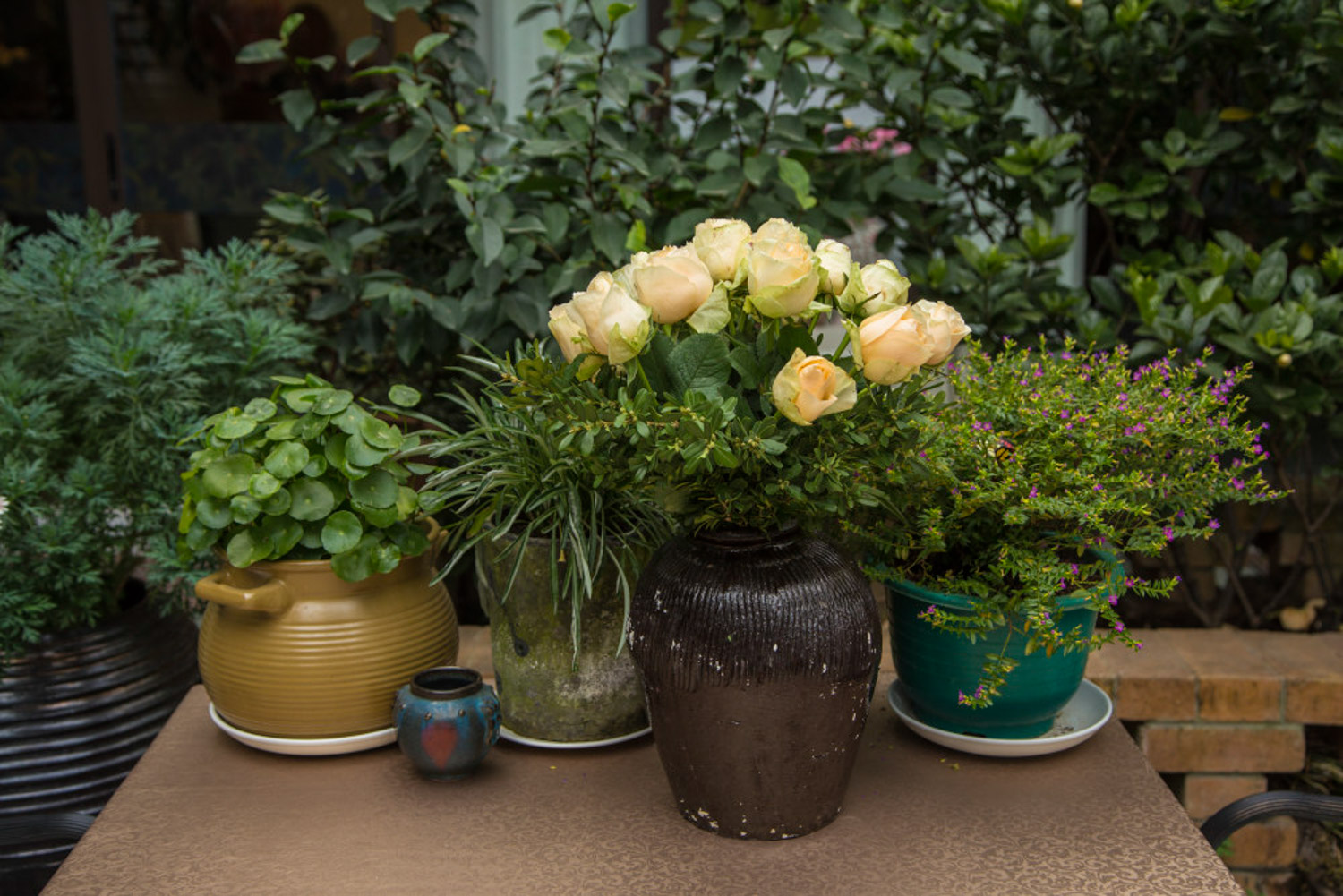
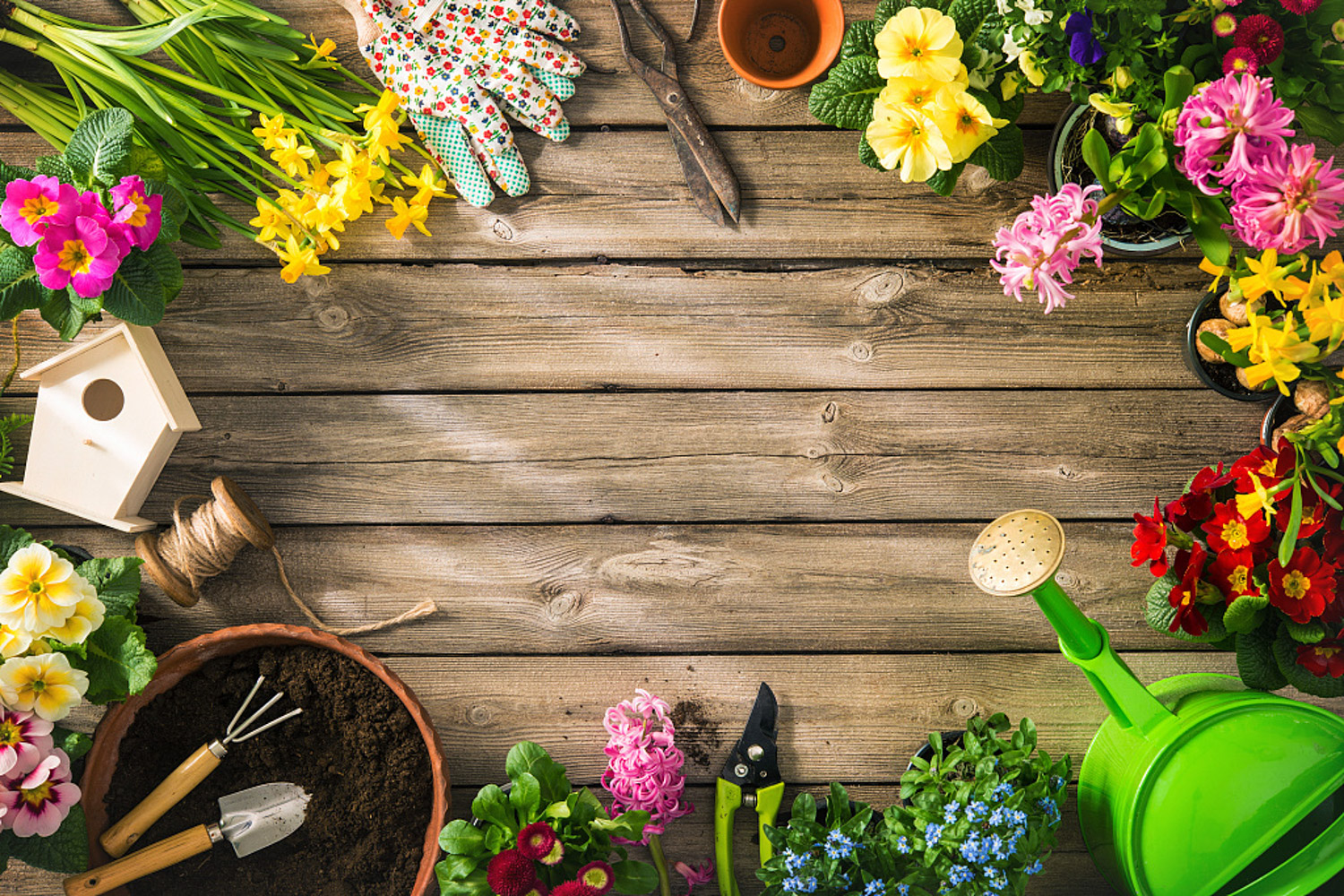
Second point: watering flowers
florists always worry about the poor growth of their own flowers and plants. Many times it's because there are not enough trace elements in the flowerpot. It's a waste of money to buy a pile of nutrient solution. In fact, we can make flower nutrient solution with leftover banana peel at home



Note:
1. Don't put metal objects in the bottle
2. Nutrient solution can only be used once a week. Don't have excess nutrition
Watermelon peel
First point: composting
▼ first of all, you have to buy a watermelon, and then eat it up like this. Alas, all the flowers in this picture are greedy






Note:
1. Note that the watermelon peel will produce some gas during the drying process. Occasionally, you can open the cover to exhaust the gas
2. In addition to the taste of orange peel, melon peel fertilizer generally has no taste, but if you are a cleanliness addict, you can put several pieces of orange peel in watermelon peel and Rett them. This is not only not smelly, but also a little fragrant
3. Add water to dilute. If you are worried that the melon skin water will burn flowers, you can add some water
Orange peel
First: deodorization and retting
has the same function as grapefruit peel, so you can also refer to grapefruit peel for specific steps ~
Second: insect prevention
the smell of orange peel and the juice of orange peel are disliked by pests. Therefore, the orange peel can be cut into small pieces and buried in the soil, or the orange peel can be made into juice and poured in a circle around the plant, which can effectively isolate pests
More
Related articles

 how many times do yo...
how many times do yo... how many planted tre...
how many planted tre... how many pine trees ...
how many pine trees ... how many pecan trees...
how many pecan trees... how many plants comp...
how many plants comp... how many plants can ...
how many plants can ... how many plants and ...
how many plants and ... how many pepper plan...
how many pepper plan...
